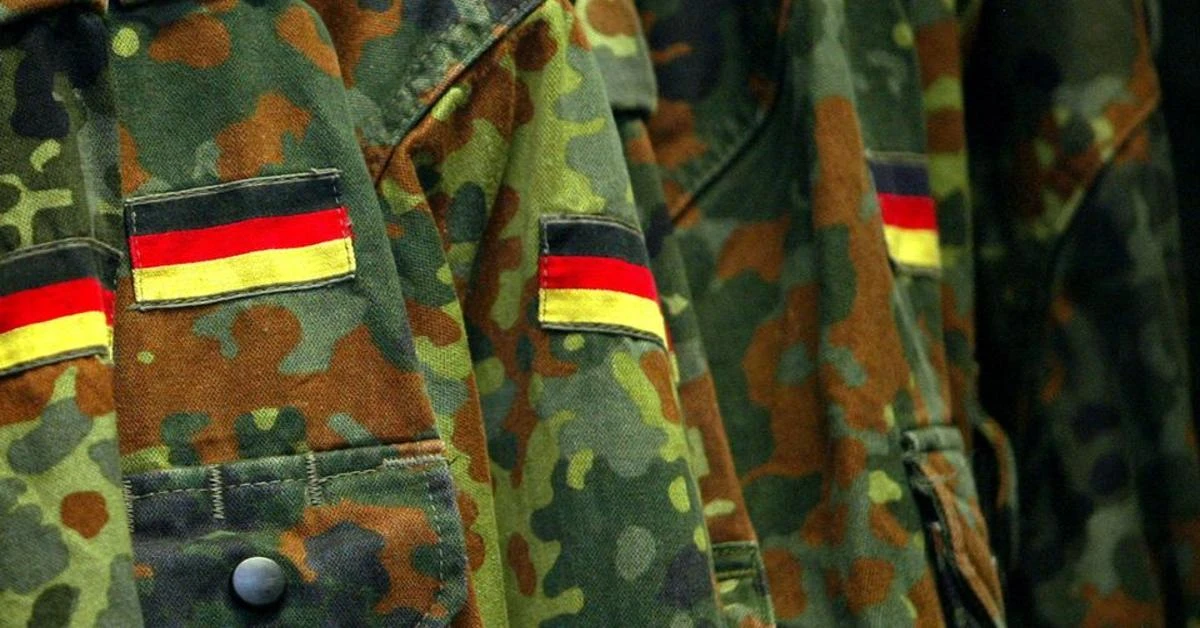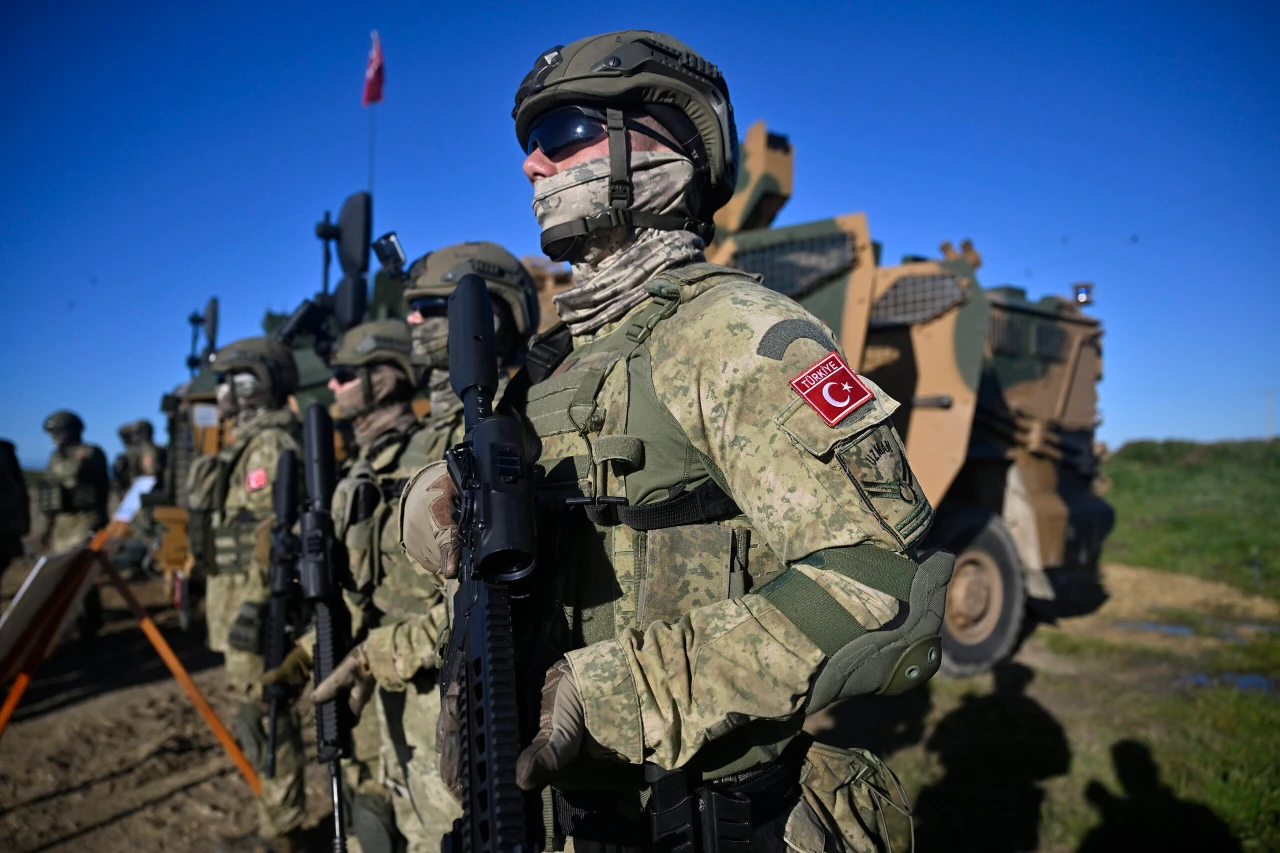Germany unveils sweeping military reforms, considers national service revival

Germany announces extensive military reforms, including potential revival of mandatory national service, to bolster defense readiness and meet NATO commitments
Germany has introduced its most extensive military reforms since the Cold War, potentially reintroducing national service in a bid to enhance readiness to defend NATO territory, announced Defense Minister Boris Pistorius in Berlin on Thursday during the military alliance’s 75th anniversary.
Pistorius described the overhaul as a pivotal reform aimed at restructuring the Bundeswehr to ensure optimal preparedness for defense and wartime scenarios. “Our goal is to restructure the Bundeswehr in such a way that it is best positioned in the event of defense, in the event of war,” he emphasized, adding a stern message that attacking NATO territory should not be entertained.
These reforms signify a significant shift in Germany’s approach to its armed forces, marking what Chancellor Olaf Scholz referred to as a “turning point” in security policy following Russia’s invasion of Ukraine two years ago.
Under the new structure, a unified operational command will oversee four new component forces. Cyber warfare will be elevated to equal importance alongside land, air, and sea operations.
Officials have 6 months to implement changes
Military officials have been given a six-month timeline to implement these changes, which includes the readiness of the Bundeswehr for potential compulsory national service, should it be reinstated. Germany had discontinued mandatory military service, as well as alternative service options, in 2011.
Pistorius revealed that a proposal on a model of national service for young adults will soon be presented to German politicians.
Germany’s revamped approach has led to a notable increase in defense spending, with the country meeting NATO targets to allocate 2% of its gross domestic product toward defense for the first time in decades this year.
Since assuming control of the defense ministry in January 2023, Pistorius has stressed the necessity of cultural and structural changes to uphold Germany’s NATO commitments and act as a deterrent against Russian aggression.
The reforms are envisioned to enable the Bundeswehr to make swift decisions, fostering a clearer and more direct relationship between German ministers, NATO allies, and the military command, according to Pistorius.
Source: Newsroom



